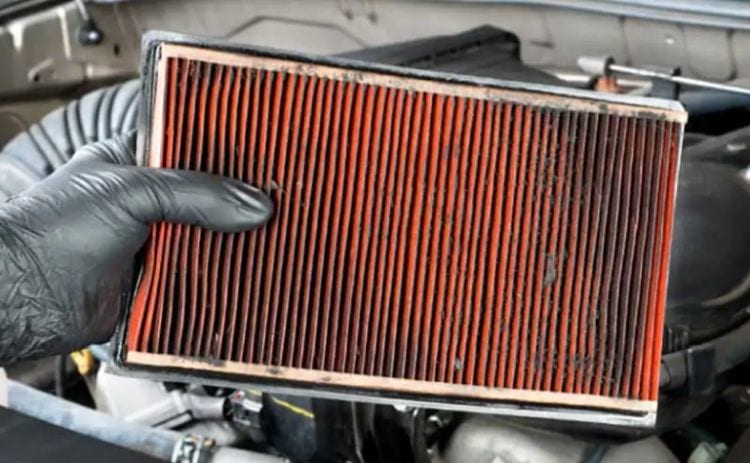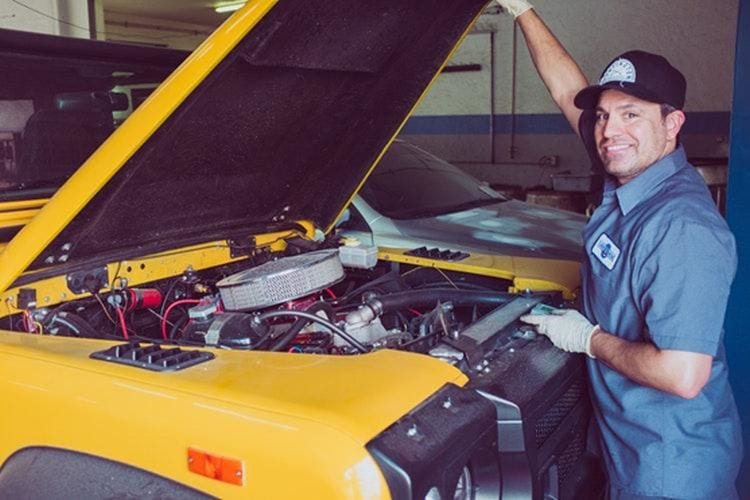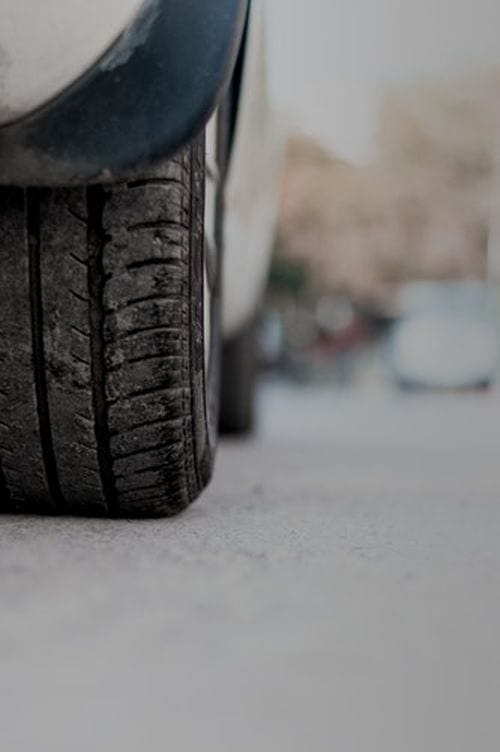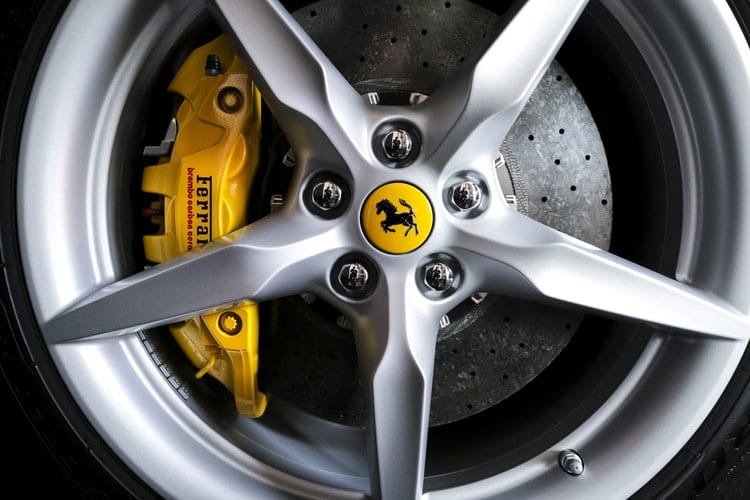Your car is your second home, a long-time companion, a friend, and an asset.
As such, you should always know how it is, what it craves and everything that is wrong with it.
In this guide, we will highlight for you the seven essential car maintenance tips that will leave your car in tip-top condition.
1. Air filter
Your car burns fuel to move. The ingredient to support this combustion is the air. While the atmosphere always contains debris and dust particles, these could contaminate your fuel and make the car less efficient.
The air filter’s work is usually to block out the dust and rock particles from getting mixed with fuel as the car sucks in air to aid combustion.
The air filter could get dirty with time. To keep your car at a hundred percent efficiency, you should regularly check the air filter and clean it. If it is in a bad state, you should consider replacement.

2. Never forget the battery
The battery is your powerhouse. With something as little as the battery, your car could stall in the woods or worse still, in the dark!
The beauty with a properly serviced car battery, however, is that when it develops a problem, you will know.
The remedy to being stranded when your car refuses to crank up the engine is service. Ensure your car battery is well serviced. More importantly, you should replace the car battery every 2-3 years for optimum performance.
3. Get that oil changed
With oil change, you have no choice. The line is very clear. If you continue running in a vehicle with depleted engine oil, you may run into costly maintenance issues that could cost you.
The engine oil is responsible for the lubrication of the engine and gear parts. You will always find your car’s specifications on when should you have an oil change. This is usually after a couple of miles.
4. Ooh the spark plugs
Now, these are one of the most overlooked car parts. But they could decide whether you reach your destination on time or otherwise.
Spark plugs are responsible for igniting the air-fuel mixture in the engine. This is the reason you would see carbon build-up on the surface of the spark plugs with time.
A general rule with the spark plugs is that you should replace all of them after a couple thousands of miles. This is usually 40,000-70,000 miles.
5. Check tire pressure
After every trip, you should check your car tires to keep them in the right pressure. Generally, the pressure should not be anything below 30psi.
With well-serviced tires, you would not need top floor jacks every time you have to replace a worn-out tire. You could drive for longer as long as your pressure is right.
Low pressure reduces the lifespan of your tires. They make the tires to wear out unevenly.
When the tire pressure is too high also, the car suspension is hampered, thereby resulting in serious damage that could set you back a couple hundreds of dollars.
6. Never forget the brakes system
One most important part of your vehicle is the brakes. While others may argue that it is the accelerator, you will always need your breaks when everything else fails.
The breaks are the line between you and a serious crash. This way, you will always want to check your brakes every so often just to get the assurance that you have something to fall back on when everything goes south.
Every 1-3 months, you should check the car brakes.
7. Check and maintain the fluid levels
You should keep the fluids at recommended levels at all time. The coolant, as well as the transmission fluid, is just as critical as the engine oil.
Functions such as power steering cannot work if the levels of the fluid are insufficient. To get the best performance out of your car, ensure a fluids check every month just to avoid being caught up in emergencies.



